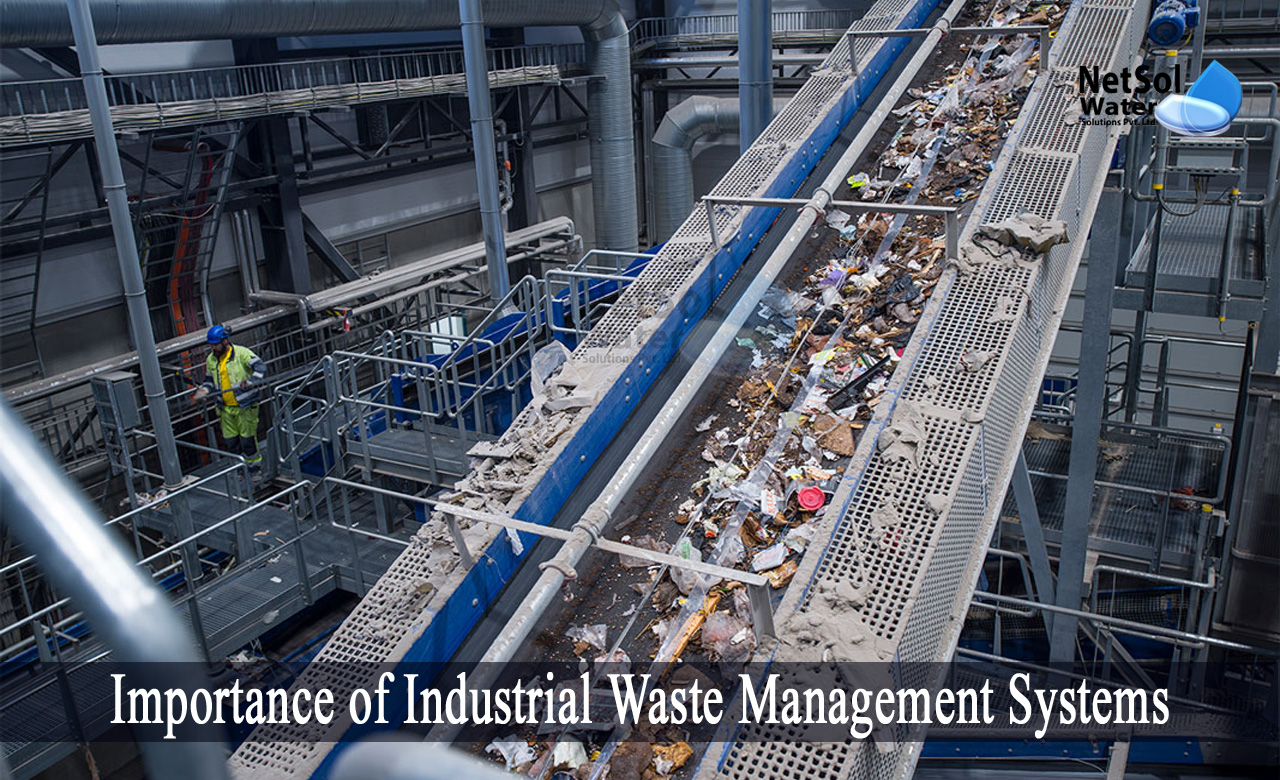7 Simple Techniques For Reclaim Waste
7 Simple Techniques For Reclaim Waste
Blog Article
The 3-Minute Rule for Reclaim Waste
Table of Contents5 Simple Techniques For Reclaim WasteHow Reclaim Waste can Save You Time, Stress, and Money.Some Known Questions About Reclaim Waste.3 Simple Techniques For Reclaim WasteTop Guidelines Of Reclaim Waste
Explore the types, incidents, and kinds of liquid waste. Domestic sewage waste describes the waste and items from a property septic container. This kind of waste is developed by human beings in homes, colleges, and other buildings. This only consists of sewage-disposal tanks that have a drain area. The appropriate administration and disposal of domestic sewage waste call for fluid waste to be transferred to a sewer treatment plant where the proper techniques and devices are put on cleanse and throw away waste.
Industrial waste frequently includes prospective threats, such as flammable materials or a blend of liquid and solid waste products, and calls for an advanced and comprehensive disposal procedure. The disposal of business waste usually entails the filtering of waste before transportation to ensure risk-free and correct disposal. Hazardous waste is developed from by-products and drainage of industrial procedures and manufacturing.
This type of waste can not make use of the very same sewage administration transportation or processes as septic or industrial liquids. The commercial waste monitoring procedure calls for the inspection and screening of fluid waste prior to it goes through the disposal process (liquid waste disposal melbourne). Runoff waste is the fluid waste that comes from overflow and excess stormwater in extremely populated areas or cities
Overflow waste can cause contamination and flooding if not dealt with appropriately. Find out more about sewage system cleansing and waste administration. Making sure appropriate waste administration can stop calamities and minimize environmental harm. Both individuals in residential setups and experts in business or production markets can take advantage of understanding the procedures and regulations of liquid waste monitoring.
7 Easy Facts About Reclaim Waste Shown
Call PROS Services today to find out about our waste administration and disposal solutions and the proper means to take care of the fluid waste you generate.
(https://www.edocr.com/v/pd6avrzq/leonaube33101/reclaim-waste)Do you recognize what occurs to your water when you disengage, purge the commode or drain the washing machine? No? Well, it deserves understanding. This supposed 'wastewater' is not only a vital resource but, after therapy, will be launched to our land, waterways or the ocean. Used water from bathrooms, showers, baths, kitchen sinks, laundries and industrial processes is referred to as wastewater.

water used to cool down equipment or tidy plant and devices). Stormwater, a kind of wastewater, is runoff that moves from agricultural and metropolitan areas such as roofs, parks, gardens, roads, paths and seamless gutters into stormwater drains, after rainfall. Stormwater streams untreated directly to neighborhood creeks or rivers, ultimately reaching the sea.
The Buzz on Reclaim Waste
In Queensland, a lot of wastewater is treated at sewer therapy plants. Wastewater is transferred from domestic or industrial websites through a system of drains and pump stations, recognized as sewage reticulation, to a sewer therapy plant.
The Division of Natural Resources suggests neighborhood federal governments regarding handling, operating and preserving sewage systems and therapy plants. In unsewered locations, city governments may call for owners to set up private or family sewage treatment systems to deal with residential wastewater from toilets, kitchens, bathrooms and laundries. The Division of Natural Resources authorises the use of home systems when they are proven to be reliable.
A lot of stormwater gets no therapy. In some brand-new neighborhoods, treatment of some stormwater to remove litter, sand and gravel has begun using use this link gross toxin catches. Wastewater treatment occurs in 4 phases: Removes strong matter. Bigger solids, such as plastics and other objects incorrectly discharged to sewage systems, are eliminated when wastewater is travelled through displays.
Makes use of tiny living organisms understands as micro-organisms to damage down and get rid of staying dissolved wastes and fine bits. Micro-organisms and wastes are included in the sludge.
The Reclaim Waste PDFs
Nutrient elimination is not readily available at all sewer therapy plants since it calls for pricey specialized devices. Clear fluid effluent created after therapy may still contain disease-causing micro-organisms - industrial wastewater treatment.

This typically indicates wastewater has to be treated or impurities removed before it can be released to rivers. The majority of wastewater flows right into the sewage system. Under the Act, local governments provide authorizations and permits for environmentally relevant tasks (Periods) including wastewater releases that could have a local influence. The department carries out authorizations and licences to Periods including wastewater releases that may have a local or statewide impact.
10 Easy Facts About Reclaim Waste Described
Or else, samples are considered research laboratory analysis. Often many examinations are required to establish the degrees of each of the various toxins such as oils, heavy steels and pesticides in water. Surveillance gives accurate details concerning water high quality and can confirm that licence conditions are being fulfilled. The information obtained through monitoring provides the basis for making water quality choices.
Report this page